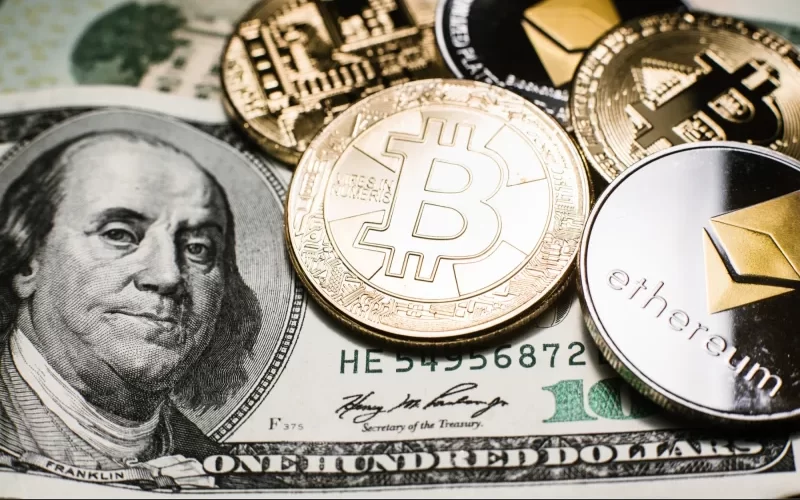In a remarkable milestone for the cryptocurrency world, Bitcoin has now achieved a market capitalization that surpasses the combined total of the world’s top three banks. With a market cap of $1.37 trillion, Bitcoin stands as a towering figure in the financial landscape, eclipsing the combined market cap of JPMorgan Chase, Bank of America, and the Industrial and Commercial Bank of China (ICBC), which collectively total $1.153 trillion.
Bitcoin: The Digital Gold
Bitcoin, often referred to as digital gold, has seen a meteoric rise since its inception in 2009. Created by the pseudonymous Satoshi Nakamoto, Bitcoin introduced the world to the concept of a decentralized digital currency, operating without a central bank or single administrator. Over the years, Bitcoin has gained widespread acceptance, with its price surging due to increasing demand from both institutional and retail investors.
Breaking Down the Numbers
- Bitcoin: $1.37 trillion
- JPMorgan Chase: $574 billion
- Bank of America: $311 billion
- Industrial and Commercial Bank of China (ICBC): $268 billion
The combined market cap of these three banking giants is $1.153 trillion, which is still significantly less than Bitcoin’s market cap. This disparity highlights the growing influence and acceptance of Bitcoin as a major asset class.
The Rise of Cryptocurrencies
The journey of Bitcoin from a niche digital experiment to a mainstream financial asset has been nothing short of extraordinary. Several factors have contributed to this rise:
- Institutional Adoption: Major financial institutions, including investment funds and publicly traded companies, have increasingly added Bitcoin to their portfolios. This institutional endorsement has provided Bitcoin with a sense of legitimacy and stability.
- Inflation Hedge: Amid concerns over inflation and currency devaluation, Bitcoin has emerged as a preferred store of value. Its finite supply of 21 million coins makes it an attractive hedge against inflation.
- Technological Advancements: The development of scalable solutions and enhancements in blockchain technology have improved Bitcoin’s usability and security, making it more appealing to a broader audience.
- Regulatory Clarity: Governments and regulatory bodies worldwide are gradually providing clearer guidelines for cryptocurrency use and trading, reducing uncertainty and fostering a more favorable environment for growth.
The Future of Bitcoin
While Bitcoin’s current market cap is a testament to its growing prominence, it is essential to recognize the volatility and risks associated with cryptocurrencies. Market fluctuations, regulatory changes, and technological challenges remain potential obstacles. However, the continued interest from both institutional and retail investors suggests a promising future.
The comparison with traditional banking institutions underscores a significant shift in the financial paradigm. Banks like JPMorgan Chase, Bank of America, and ICBC have long been considered stalwarts of the global financial system. Bitcoin’s ability to surpass their combined market cap symbolizes the disruptive potential of decentralized finance.
